QUEST partners with 6 other H2020 project to distribute recommendations to EU policy-makers
QUEST partners with 6 Horizon2020 projects to advise EU leaders how to prepare buildings for the energy transition
The transition to a forward-looking climate neutral economy, announced in the European Green Deal, demands an action plan where public and private sector investments are channeled towards climate-friendly technologies and business models.
To support this transition, QUEST, together with 6 H2020 projects – Triple-A, LAUNCH, AmBIENCe, NOVICE, SENSEI and U-CERT - have drafted recommendations in a letter to policymakers, based on all projects’ findings and objectives, investigating ways to enable the mass adoption of energy efficiency measures and smart technologies supporting the uptake of more renewable energy sources. This is being done through the development of tools and methodologies that include enabling ESCOs to develop demand response functionalities, improving and standardizing measurement and verification methods, de-risking and attracting private investments, creating new business models and expanding markets, as well as transforming energy efficiency and demand response into energy resources for TSOs and DSOs.
The policy recommendations are gathered under 4 generic themes: electricity market reform, financing methods, technical streamlining and energy performance certification. They are derived through an in-depth understanding of the social, technical, economic, and environmental dimensions of the energy transition, as viewed from the academic, business and policy perspectives of the contributing projects, all funded by the Horizon 2020 programme.
While these recommendations are well supported by research, they need to be complemented by the democratic and effective engagement of all actors involved in the value chain to realize the intended results.

